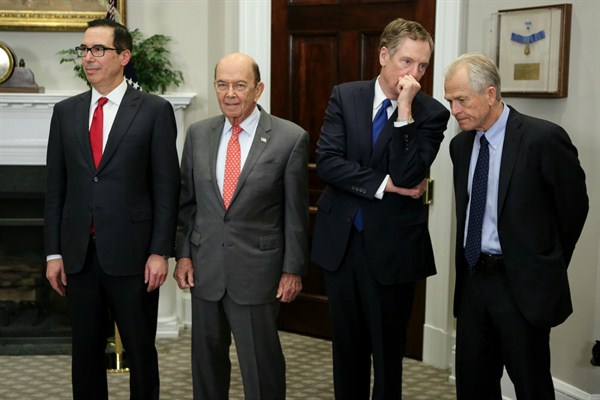In just four decades, China has become a major global economic power. In recent years, it has surpassed Germany as the world’s largest exporter of merchandise. It is the world’s second-largest source of foreign investment, and third-largest recipient. Using an exchange rate that takes into account the lower cost of living in China, it has surpassed the United States to become the world’s largest economy, though still a much poorer one. And under its “Made in China 2025” industrial plan, the government wants to become an innovation hub and move up the manufacturing value chain to become largely self-sufficient in cutting-edge technologies, such as artificial intelligence and 5G mobile communications, and emerging sectors including robotics and green cars.
Although there is much to welcome in the sharp reduction in poverty that has accompanied China’s economic success, the means by which it achieved this growth, and how it plans to maintain it, are an increasing source of concern around the world.
Unlike some of the other successful industrializing economies in Asia, China embraced foreign investment as a tool in its economic development. It welcomed foreign direct investment as a way of gaining access to capital, management skills, technology and the markets of foreign investors’ home countries. But, as detailed in the report on China’s unfair trade practices released by the U.S. Trade Representative in March, the Chinese government also exploited its control over the economy to force foreign investors to enter into joint ventures with state-owned enterprises, known as SOEs, or used licensing requirements to force them to transfer technology or other intellectual property that the foreign firms would have preferred to retain.

